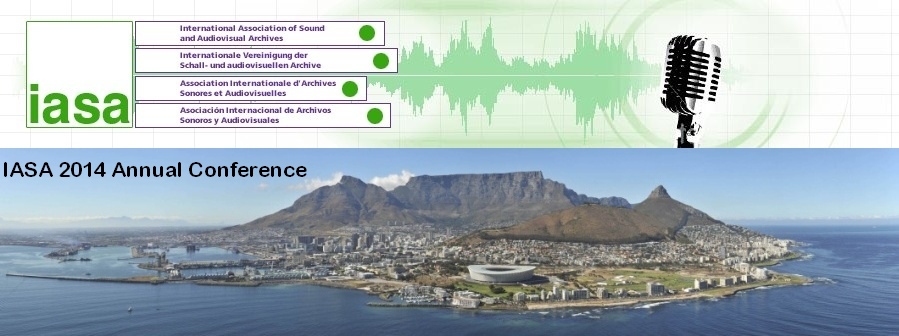A new Europeana Sounds project, funded by the European community, will create an online gateway into Europe's sound collections. The project, which runs for three years from 2014-2017, will bring together for online public access over a million sound and associated digitised items from leading audio archives and libraries across Europe, via Europeana. Connecting and aligning different metadata schemas under a unified interface and made discoverable via a multilingual web interface (www.europeana.eu/) supporting 31 languages, Europeana already connects over 30 million digital objects: books, paintings, photographs, sounds, films, museum and archival objects, from over 2,200 memory institutions all over Europe.
This new project will double the number of audio items made available through Europeana. It will also make them far more discoverable, by improving their metadata, and by using semantic linking to interconnect between collections items in different institutions; for example, recorded musical performances on record and their composers’ printed and manuscripts scores. Besides automated, machine-driven metadata enhancement, the project will also deploy human crowdsourcing in order to improve the metadata associated with different items. Additional work will be undertaken to investigate the legal barriers under copyright to extending access to recordings and publishing guidelines to address such issues.
The sounds that will be contributed encompass music of all genres (classical, pop, rock, jazz, traditional and folk music); languages, oral memories, dialects, accents and folk traditions; nature and environmental sounds. Europeana Sounds will create new thematic sound channels in order to focus on those sounds and related items such as music scores, songsheets and photos of musical instruments. The power of this gateway will mean that items that have previously been difficult to find and are disconnected from other cultural objects will be brought together online for the first time; in effect, connecting different sound collections dispersed across an entire continent.
The project is co-ordinated by the British library and involves 24 leading European institutions, including several institutional members of IASA. It will also collaborate with three digital distribution platforms, Historypin, Spotify and SoundCloud who with their existing global online communities will extend the public reach into Europeana sound collections. Finally, in order to provide the maximum long-term benefit from the work that will undertaken during the project, a Europeana section within IASA will be established.
